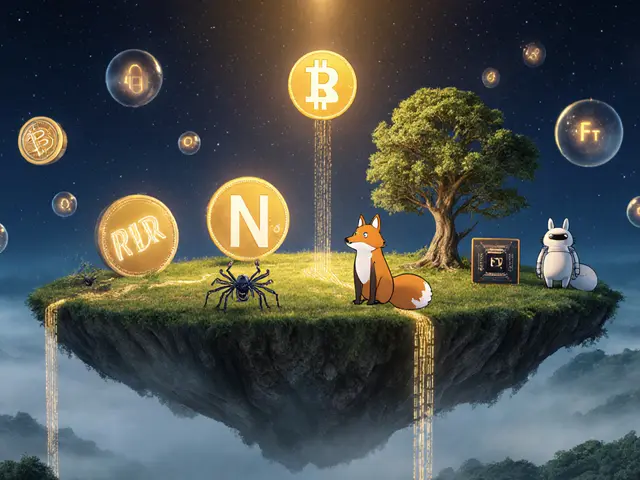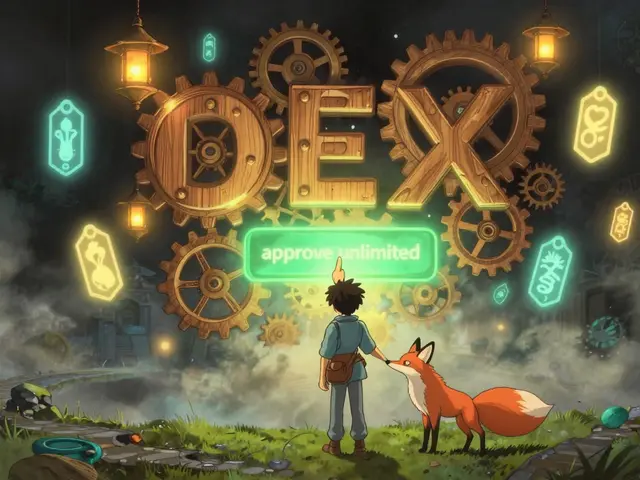Blockchain Oracle: What It Is and Why It Matters for Crypto and DeFi
When you hear blockchain oracle, a bridge that feeds real-world data into smart contracts on a blockchain. Also known as data oracle, it’s the unsung hero that lets DeFi apps know the price of Bitcoin, the outcome of a soccer match, or whether a flight was delayed. Without it, smart contracts are stuck in a vacuum—unable to react to anything outside their own chain. You can’t lend crypto based on interest rates if the oracle doesn’t tell the contract what those rates are. You can’t insure a flight delay if the oracle doesn’t report the actual landing time.
Oracles don’t just pull data—they make decisions possible. Think of them like a trusted messenger who walks into a locked room and tells the contract what’s happening outside. That’s why smart contracts, self-executing agreements coded on blockchain networks rely so heavily on them. If the oracle lies or fails, the whole system breaks. That’s why some oracles use multiple data sources, others use decentralized networks of nodes, and some even get audited like financial firms. The DeFi, decentralized finance ecosystem built on blockchain without banks you use for lending, trading, or earning interest? It’s all powered by oracles feeding real-time prices, interest rates, and market conditions.
But here’s the catch: oracles are also one of the biggest attack surfaces in crypto. In 2022, a single compromised oracle caused a $100 million loss on a major DeFi platform. That’s why the best systems don’t trust one source—they cross-check data from exchanges, weather services, sports APIs, and even independent validators. Some oracles are built into blockchains like Chainlink, while others are custom-built for niche uses like tracking drug shipments or verifying luxury goods. The data feeds, real-time streams of information used by oracles to update smart contracts they rely on can come from stock markets, government databases, or IoT sensors. The more sources, the harder it is to manipulate.
You’ll find posts here that dive into how oracles enable everything from automated insurance payouts to AI-generated NFTs that change based on live data. Some cover projects trying to fix oracle weaknesses, others expose scams built on fake data feeds. You’ll see how a failed oracle can kill a token’s value overnight—and why some projects skip them entirely because the risk is too high. Whether you’re using DeFi, trading tokens tied to real-world events, or just trying to understand why your crypto loan got liquidated, knowing how oracles work isn’t optional—it’s essential.
14
What is WINkLink (WIN) crypto coin? A clear guide to its purpose, price, and role in TRON
WINkLink (WIN) is a TRON-based oracle token that connects real-world data to blockchain apps. Used in gaming and DeFi, it enables fair outcomes and automated payments. Learn how it works, its price, and why it matters.
Latest Posts
Popular Posts
Tags
- decentralized exchange
- crypto exchange
- crypto exchange review
- cryptocurrency
- crypto airdrop 2025
- CoinMarketCap airdrop
- blockchain
- meme cryptocurrency
- GENIUS Act
- cryptocurrency compliance
- crypto airdrop
- crypto exchange compliance
- meme coin
- crypto trading
- fake crypto exchange
- Solana meme coin
- cryptocurrency valuation
- Binance Smart Chain
- underground crypto Nepal
- crypto airdrop guide





